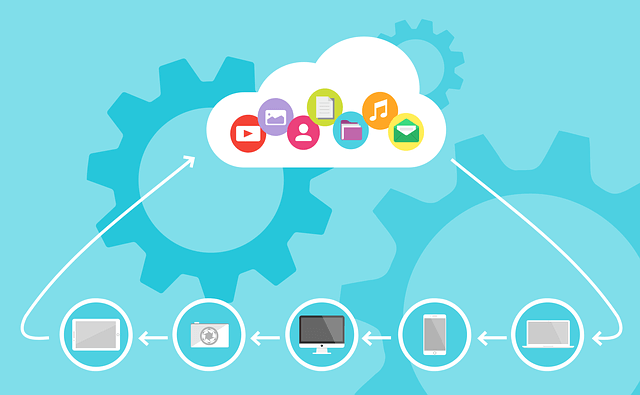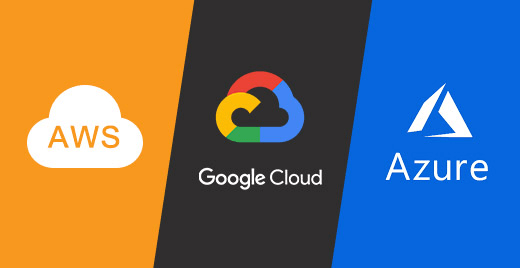What is cloud security
Cloud security encompasses a number of different areas, including:
- Data protection: Ensuring that sensitive data stored in the cloud is protected from unauthorized access, theft, or loss.
- Identity and access management: Controlling who has access to cloud resources and ensuring that users are properly authenticated and authorized to access sensitive data and systems.
- Encryption: Encrypting sensitive data in transit and at rest to protect it from unauthorized access.
- Network security: Protecting the cloud environment from network-based attacks, such as hacking, malware, and unauthorized access.
- Compliance: Ensuring that the cloud environment is in compliance with relevant regulations and standards, such as HIPAA, PCI DSS, and ISO 27001.
- Disaster recovery and business continuity: Planning and implementing measures to ensure that critical data and applications are available in the event of a disaster or outage.
Cloud security is a critical component of cloud computing and requires ongoing effort to maintain a secure environment. Cloud providers often invest heavily in security measures, but it is also important for organizations to take their own security measures and implement best practices to help ensure that their environment is secure.
Why cloud security is important

Securing the cloud is important because it helps protect sensitive data and applications stored in the cloud from cyber threats, such as hacking, malware, and unauthorized access. The following are some of the reasons why cloud security is important:
- Data protection: The cloud is often used to store sensitive information, such as financial data, personal information, and confidential business information. Securing this data is critical to protect the privacy and security of individuals and organizations.
- Compliance: Many industries have specific regulations and standards that dictate how sensitive data must be protected and stored. For example, the healthcare industry must comply with the Health Insurance Portability and Accountability Act (HIPAA) and the financial industry must comply with the Payment Card Industry Data Security Standard (PCI DSS).
- Threat protection: Cyber threats, such as hacking, malware, and unauthorized access, are constantly evolving, and it can be challenging for organizations to keep up with these threats. Cloud providers often have teams of security experts who specialize in protecting against these threats and regularly update their security measures to stay ahead of evolving threats.
- Cost-effectiveness: Implementing and maintaining security measures in-house can be expensive and resource-intensive. By using in-built services of the cloud, organizations can benefit from the expertise and resources of their cloud provider, which can result in cost savings and a more secure environment.
- Scalability: As organizations grow and their security needs change, it can be difficult to keep up with these changes in-house. Security services of the cloud can be easily scaled to meet the changing needs of organizations, providing a flexible and cost-effective solution.
In conclusion, cloud security is important because it helps protect sensitive data, ensures compliance with regulations and standards, protects against evolving threats, is cost-effective, and can be easily scaled to meet the changing needs of organizations.



